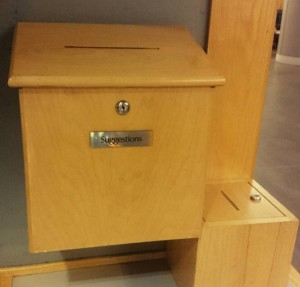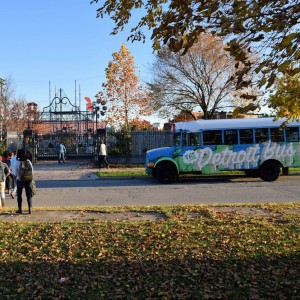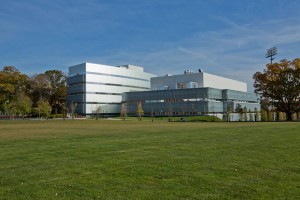
Mechanical Turk, more commonly known as “MTurk”, is a popular site created by Amazon to help researchers collect data from human subjects. As a student who had never heard of this site before starting my thesis, I’ve decided to share my knowledge about what the site is and how it can be helpful for independent research at Princeton.
What exactly is MTurk?
MTurk is basically a marketplace where researchers can upload various tasks and have other people complete them for money. These tasks range from having people take a survey to having people grade responses or transcribe segments of text. Basically, anything that someone can do on a computer can be turned into a task on MTurk.
Continue reading Exploring Thesis Resources: What MTurk Is (And Isn’t)







